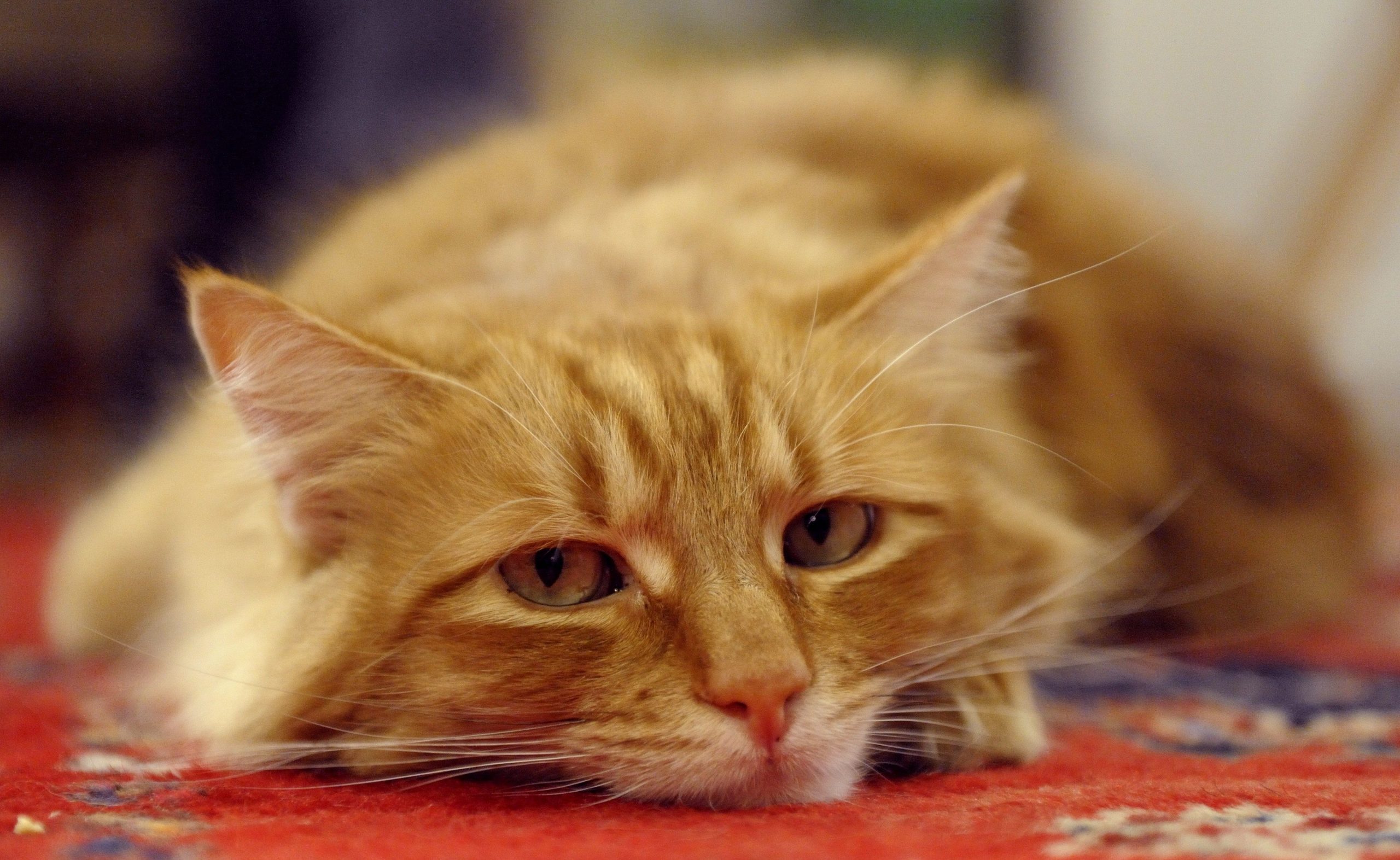According to a recent report, Dutch people spend roughly 8 hours and 40 minutes in an average day consuming media. This doesn’t leave a lot of time for boredom and that can definitely be a bad thing.
This is what René Schoumans recently discovered. He’s an Industrial Design Engineering student who examined the potential benefits of boredom while working on his MSc thesis. In this technology-driven age, where we’re constantly being bombarded by distractions ranging from Snapchat to Netflix, the average person doesn’t spend a lot of time simply staring into space or allowing their mind to wander. This can lead to increased anxiety and feelings of being completely overwhelmed.
‘Technological overload’ has become a common occurrence among adults and kids alike in recent years. According to Dr. Teresa Belton, the senior researcher at the University of East Anglia’s School of Education and Lifelong Learning, children especially need downtime and periods of boredom in order to become more imaginative and creative in their later years.
Schoumans examined several studies and various different forms of boredom while completing his research. He noted that situational boredom, which is temporary, can inspire people and encourage healthier behavior whereas longer periods might cause ennui and depression. A moderate amount can help improve our modern lifestyles but, with so many tempting distractions at our fingertips, how can anyone find the time for some good, old fashioned lethargy?
“I didn’t want to design another product that says ‘pay attention to me’,” Schoumans said during his defence on May 24th. “Because that would just create more stimuli.”
Instead, he created a device called Zin, which he says might encourage people to think of meaningful things. The device could control the power supplies of everything from televisions to video game consoles. At a time determined by the user, Zin would turn off all of their electronic devices and force them to make use of a period free from technological distractions. Zin itself consists of a dry-erase surface where users can write notes, thoughts, plans, or other messages. Afterward, an automated eraser can erase them in order to make room for new ones.
R.A.J. Schoumans, On Boredom and Wisdom: How Boredom Helps Me Flourish, Supervisors: E. Giaccardi and E. Ozcan Vieira, Defence: May 24, 2016



Comments are closed.